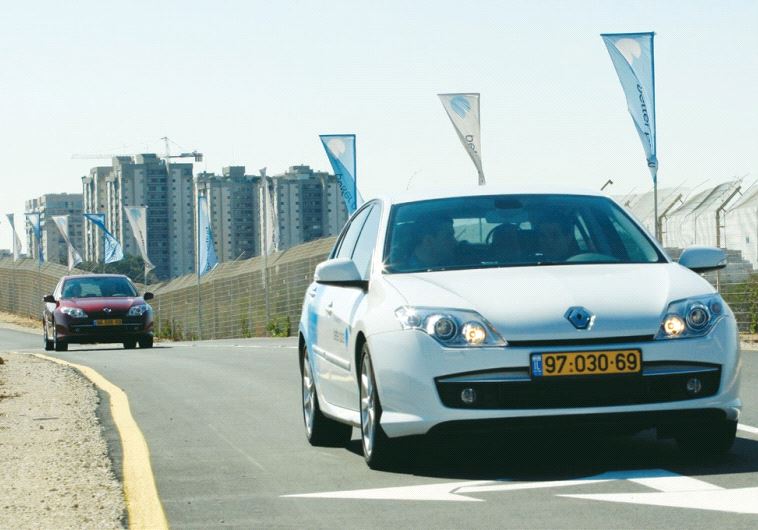At first glance,
it would seem that Israel’s program to encourage people to buy energy
efficient cars has worked.
In the year after Israel introduced the ambitious program in 2009, lowering
taxes based on a car’s energy efficiency, the market share of these jumped by
71 percent. The plan even received praise from the Organization for Economic
Cooperation and Development, calling it a success and an example to countries
worldwide.
However, researchers at the Guilford Glazer Faculty of Business &
Management at Ben-Gurion University of the Negev have found that, despite
the seemingly positive statistics, the incentives have actually hurt the
environment.
The study, published in the June edition of the scholarly journal Energy
Policy, showed that, despite the jump in the percentage of people
purchasing energy efficient vehicles, the vehicles encouraged people to drive
more frequently at longer distances and thus reduce the hoped for
eco-friendly outcome.
For the study, BGU researchers Dr. Stav Rosenzweig, Dr. Ofir D. Rubin and PhD student Ms Aviv
Steren looked at data from the year before the 2009 legislation went into
effect and then looked at the year after. The results showed that although
the percentage of efficient cars on the road increased, the tax cuts had a
few unintended affects that eventually led to a 40 percent decrease in
the anticipated energy savings.
Rosenzweig said that, as efficient-vehicle prices dropped, this forced
down prices for the other vehicles on the market in an attempt to stay
competitive.
“Policy makers with really good intentions are not always aware of the way
that people will respond to their policies,” she said. She noted that the cost of pollution is staggering. “OECD countries, plus China and India, spend almost $3 trillion a year
addressing death and health issues from transportation,” Rosenzweig
said.
She said that among the best solutions would be to increase public awareness
of the pollution that comes from being on the road and find ways to stimulate
people to drive less. She noted that the most effective way to achieve the
latter would be to increase gas prices, though this is the least popular
option.
Another way to get a real environment benefit would be to encourage more
public transportation and provide more lanes for buses and taxis.

photo by Reuters
|
